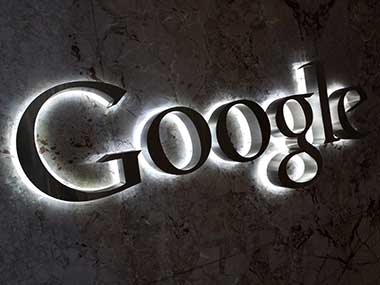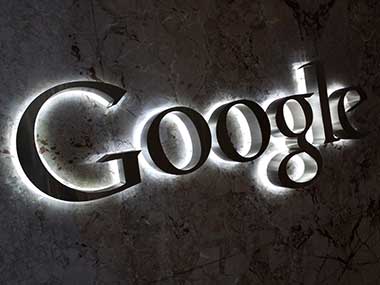US states have
confirmed the political interference
by entities associated with or originating from Russia in the 2016 US presidential election, in an effort to game the polls in Trump’s favour. Russia has officially denied any meddling, and Trump has denied colluding with Russia, although admitting that
Facebook and Twitter did help him win
the election. Amid growing pressure, social media platforms are now s
c
rutinising and regulating political advertisements
on their platforms. Executives from Facebook, Google and Twitter have been asked to testify to the US Congress
about Russian political interference
in the presidential election. [caption id=“attachment_3858301” align=“alignleft” width=“380”]
 Image: Reuters[/caption] Google has initiated a probe into how its services
could have helped Russian agents
. Twitter has disclosed that it has banned close to
200 accounts related to Russia
, based on 450 accounts that Facebook had disclosed information on. Facebook is also sharing information about Russia operated profiles discovered on Facebook according to a report in ReCode
. According to Facebook, a Russia related operation spent more than $100,000 in politically motivated ads on the platform
during the 2016 US presidential election
. 3,000 advertisements generated by accounts controlled by entities in Russia have
gone under the scanner
, and Facebook has promised increased transparency on political ads in the future. Facebook COO Sheryl Sandberg has also indicated that Facebook will put
more human reviewers in the loop
in its ad-buying system after advertisers were able to target people interested in
anti-semitic groups
. Soon after the surprise victory by Donald Trump last year, Zuckerberg called it a “
crazy
” idea that fake news and political information spread through the social network was responsible for Trump winning. After Zuckerberg dismissed the influence of Facebook on the election, then US President Barack Obama had asked Zuckerberg to take the
threat of fake news and political disinformation seriously
. Last week, Donald Trump tweeted out allegations of Facebook being
anti-Trump and colluding with news agencies
to spread disinformation. Mark Zuckerberg responded by
denying the allegations
, and pointing out that while Trump accused Facebook of being anti-Trump, liberals had accused Facebook of helping Trump win. After Yom Kippur, a holy day for Jews, Zuckerberg
asked for forgiveness
for the divisions created because of the activity on his platform, and committed to do better.
Image: Reuters[/caption] Google has initiated a probe into how its services
could have helped Russian agents
. Twitter has disclosed that it has banned close to
200 accounts related to Russia
, based on 450 accounts that Facebook had disclosed information on. Facebook is also sharing information about Russia operated profiles discovered on Facebook according to a report in ReCode
. According to Facebook, a Russia related operation spent more than $100,000 in politically motivated ads on the platform
during the 2016 US presidential election
. 3,000 advertisements generated by accounts controlled by entities in Russia have
gone under the scanner
, and Facebook has promised increased transparency on political ads in the future. Facebook COO Sheryl Sandberg has also indicated that Facebook will put
more human reviewers in the loop
in its ad-buying system after advertisers were able to target people interested in
anti-semitic groups
. Soon after the surprise victory by Donald Trump last year, Zuckerberg called it a “
crazy
” idea that fake news and political information spread through the social network was responsible for Trump winning. After Zuckerberg dismissed the influence of Facebook on the election, then US President Barack Obama had asked Zuckerberg to take the
threat of fake news and political disinformation seriously
. Last week, Donald Trump tweeted out allegations of Facebook being
anti-Trump and colluding with news agencies
to spread disinformation. Mark Zuckerberg responded by
denying the allegations
, and pointing out that while Trump accused Facebook of being anti-Trump, liberals had accused Facebook of helping Trump win. After Yom Kippur, a holy day for Jews, Zuckerberg
asked for forgiveness
for the divisions created because of the activity on his platform, and committed to do better.
Facebook is sharing details of Russian operated profiles with Google to help the search giant investigate political interference
tech2 News Staff
• October 3, 2017, 09:31:09 IST
Google has initiated a probe into how its services could have helped Russian agents.
Advertisement
)
End of Article